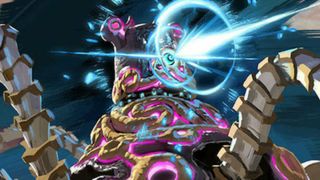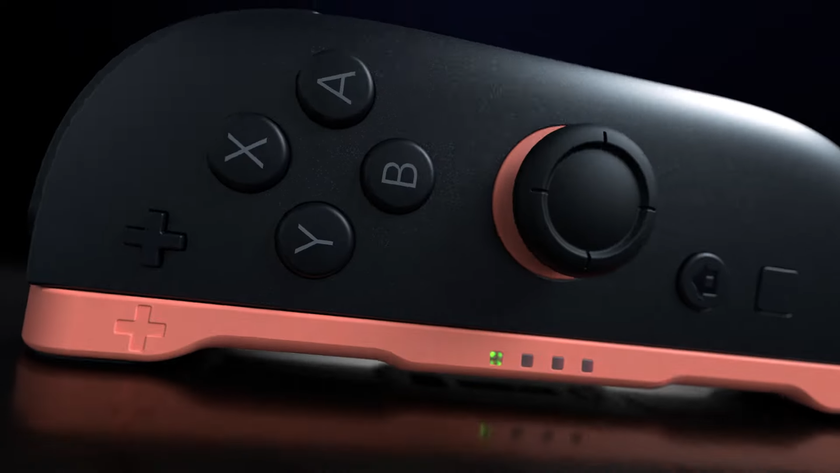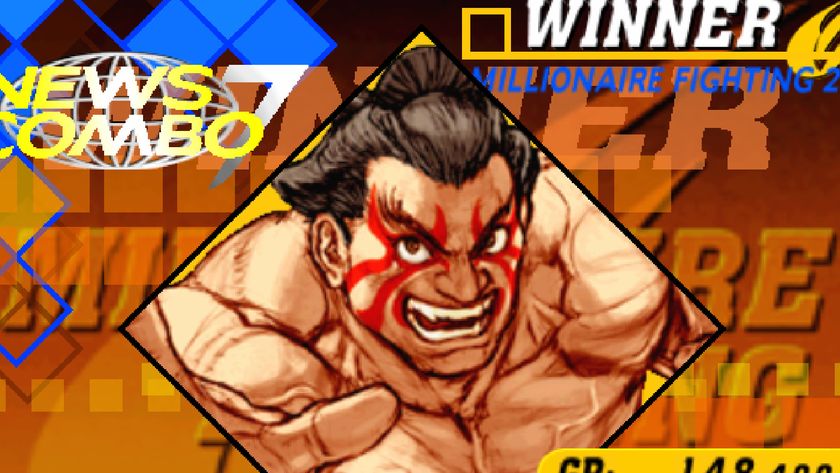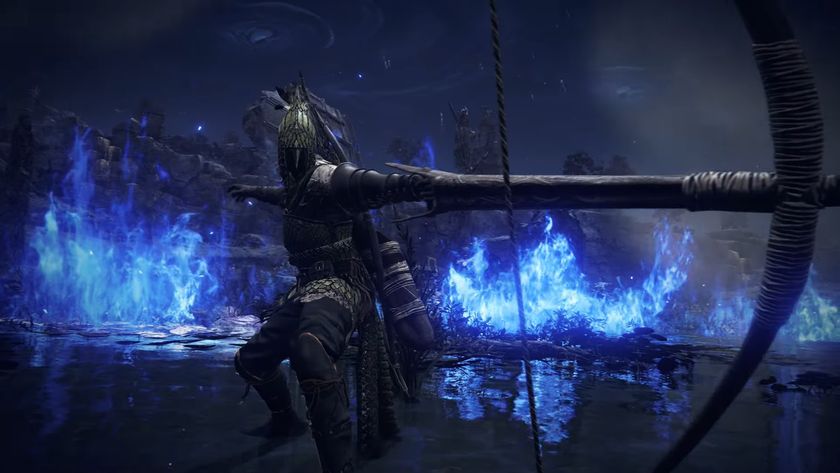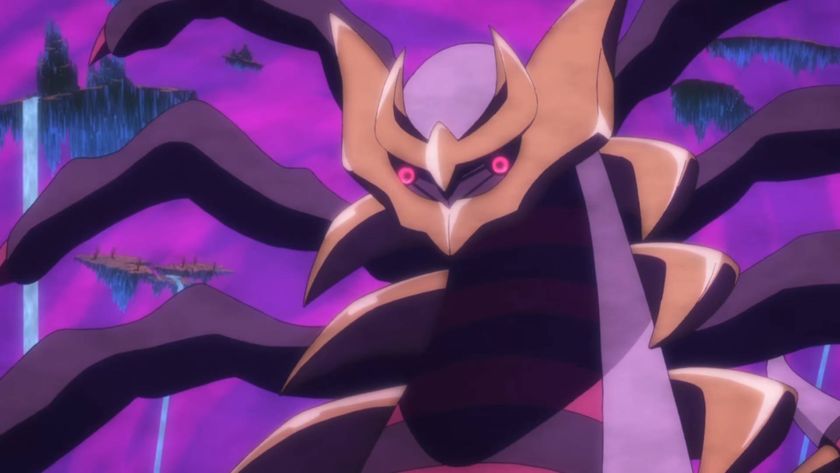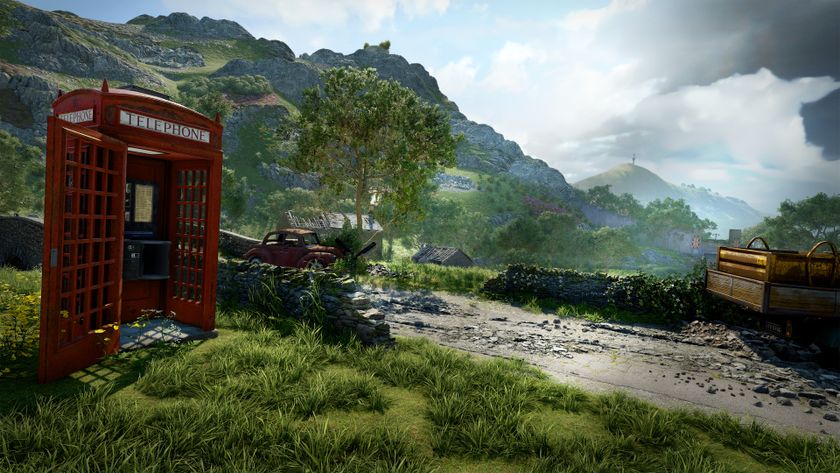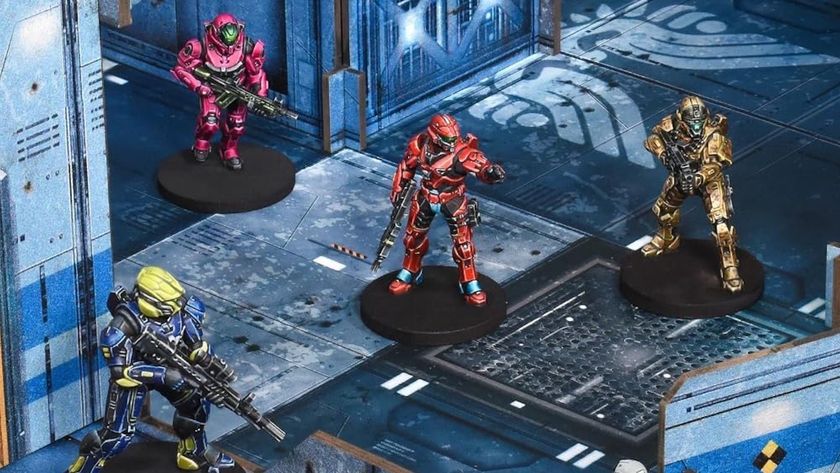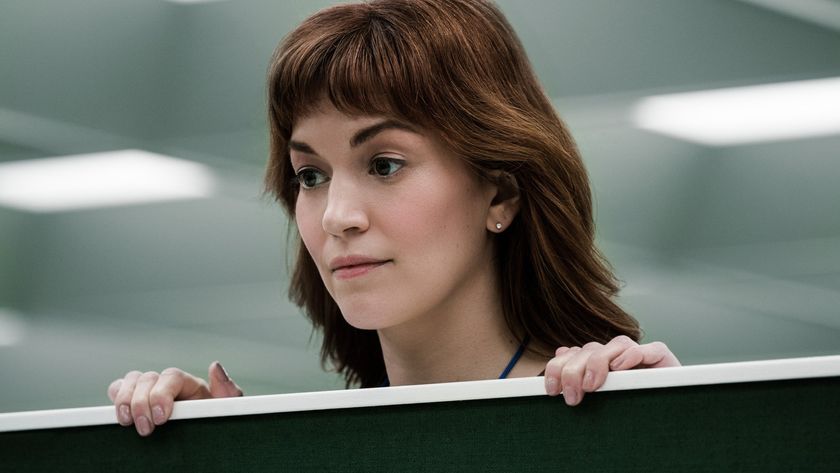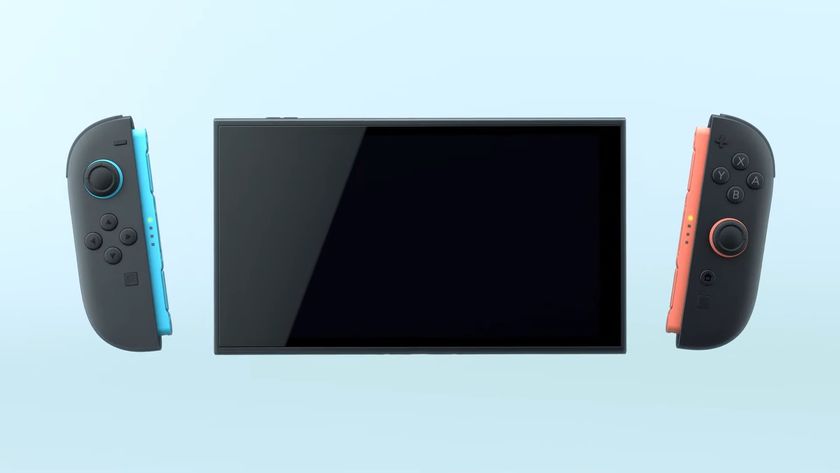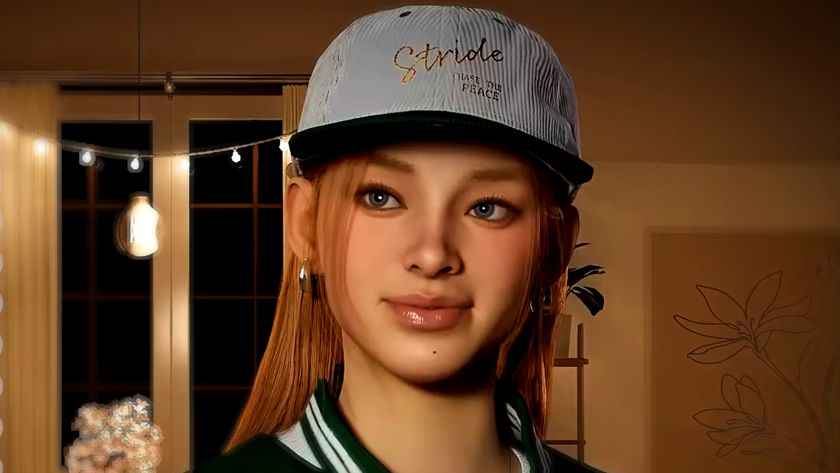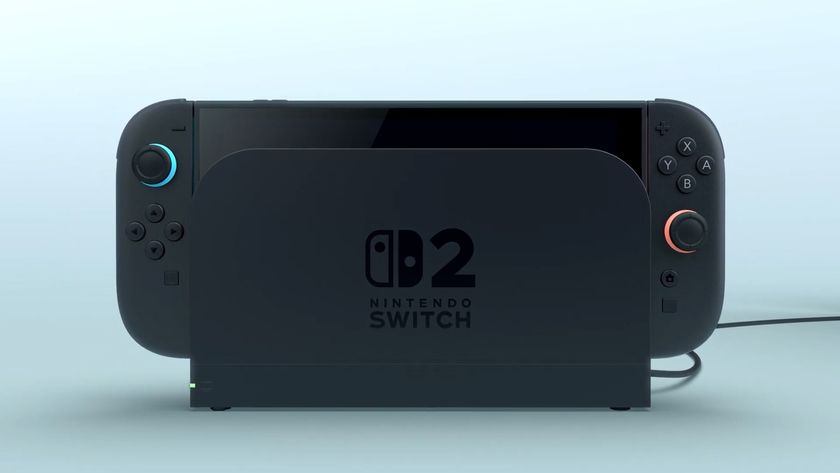Zelda Tears of the Kingdom looks ace, but I hope it drops Breath of the Wild's most divisive feature
The latest Zelda Tears of the Kingdom trailer doesn't give too much away - but one old mechanic has seemingly returned
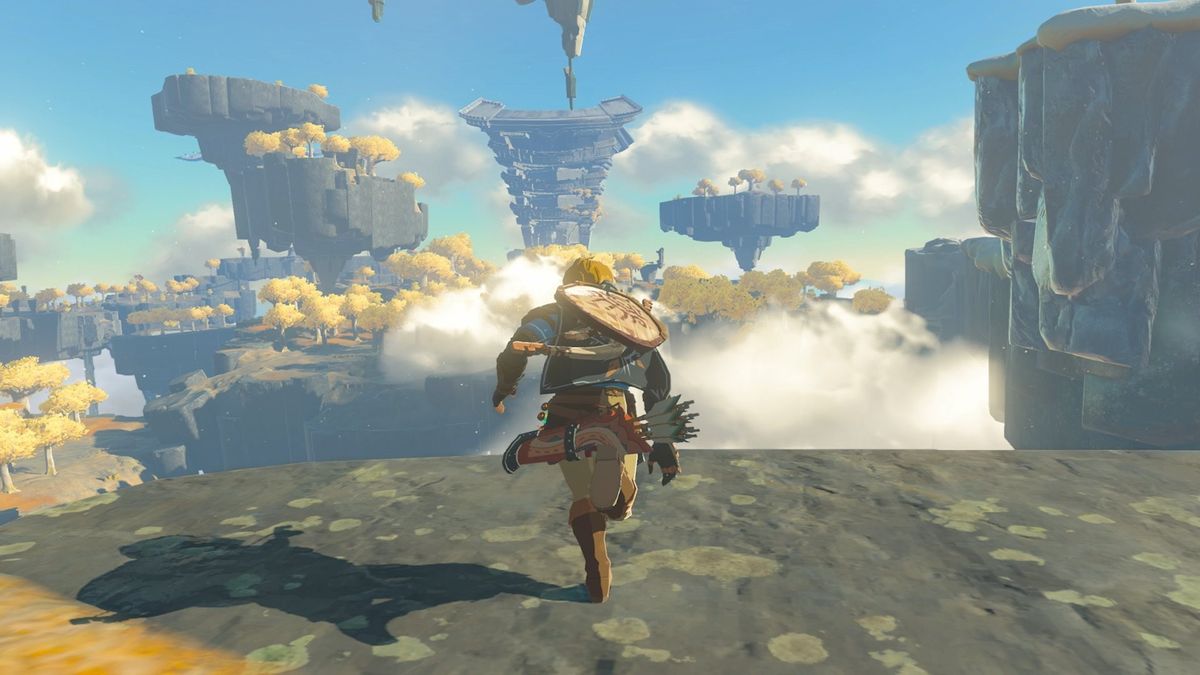
After 42 seconds of relative silence, of peaceful camera work, panning and tilting around a network of sacred wall carvings, The Legend of Zelda: Tears of the Kingdom announced itself to the world. In a flash, the latest trailer for the much-anticipated Breath of the Wild sequel – now with a new confirmed name – showed Link heaving open two massive doors of crumbling stone, before pegging it towards a sun-soaked ledge, beyond which floating islands lined with golden trees stretched off into the distance. Without pause, the plucky protagonist thrust himself overboard with a form-perfect swan dive, before we were shown snippets of some of the stuff we'll get up to in the new Zelda game.
This is, in essence, Breath of the Wild 2 in all but name – due on May 12, 2023 for the Nintendo Switch, as revealed during September's Nintendo Direct – with what looks like two separate plains to explore: one in the sky, and another thousands of meters below. Shouldering five years' worth of hype since Zelda's last outing, three since this game's first tease at E3 2019, and I'm excited to see how Nintendo goes even bigger than Breath of the Wild here. With hang gliding and skydiving, floating rock platforming and the first proper sense of scale between the lower and higher reaches of this game world, there's definitely plenty to shout about from the latest trailer. But, much to my dismay, one of my biggest bugbears from the previous game looks unchanged.
Get a grip
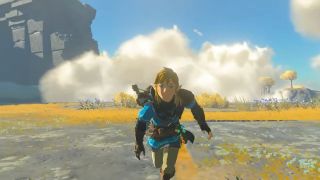
Let's cut to the chase: climbing in Breath of the Wild is pants. There's just no two ways about it. An arbitrary stamina bar – a feature first introduced to action RPGs in the mid-1990s – governs how far you can go in any direction, before, once the bar is emptied, you lose your grip and plummet to the next flat surface/your untimely death in an instant. In a game that's so forward-thinking in so many ways, one that puts exploration so front and center in both its narrative and moment-to-moment discovery, this throwback to such an archaic, awkwardly-executed mechanic, for me, really puts a damper on the free-wheeling nature of Breath of the Wild as a whole.
Stamina bars are a staple of the ARPG genre, of course – from Skyrim to Dark Souls, Nioh to Elden Ring – but the restrictions they otherwise impose on combat and, say, sprinting from enemies, feels less forced, because in these moments you're managing stamina as a depleting resource; you're working to overcome the loss of a commodity on the fly in order to succeed. Ultimately, in these moments, you're being judged on how you play the game, not how it plays you. During Tears of the Kingdom's newest trailer, we see Link clinging to various vertical structures, hauling himself up and down with the same labored weight-shifting animations from the previous game. There's no sign of the dreaded stamina bar, granted, but given the fact there's also no visible HUD throughout the trailer's entirety, my guess at this stage is that climbing is like-for-like this time around.
High rule
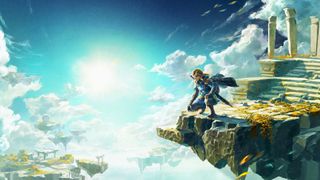
"I realize I might sound like a grumpy old man here, but my reason for coming down so hard on this facet of Breath of Wild is because it's so, so capable elsewhere."
I realize I might sound like a grumpy old man here, but my reason for coming down so hard on this facet of Breath of Wild is because it's so, so capable elsewhere. 12DOVE doesn't hand out five-star reviews without good reason, and I suspect we'll be having similar conversations about Tears of the Kingdom when it launches in May of next year.
Breath of the Wild's constantly breaking weapons are another of its most divisive features, and while I'm still on the fence about whether I love or hate them – to mark its fifth anniversary earlier this year, I wrote about how Zelda: Breath of the Wild broke the mould (and me) by breaking its weapons – this design decision shook up the ARPG formula enough to earn my respect. Unlike Fallout 4, The Witcher 3, and the vast majority of other open-world games that leverage talent trees and familiar role-playing gimmicks, Breath of the Wild drops leveling-up entirely. Instead, in order to balance progression and difficulty, the durability of weapons, plus the finite number of weapons we can carry at once, puts a precise cap on how much damage we can deal at any given time. In practice, we therefore find ourselves constantly tossing away weaker arms as we discover new ones – and only by doing that can we hope to overcome the game's toughest baddies.
The latest Tears of the Kingdom trailer admittedly doesn't show any bouts of combat, but I'd be happy enough with the return of perishable weapons – so long as they are equally intertwined with exploration and discovery, as per Breath of the Wild. Stamina-tied traversal, on the other hand, can do one. Don't get me wrong: I'm proper excited about Tears of the Kingdom, I fully expect it to feature on Game of the Year lists in 2023, but it'll definitely climb in my own estimations if it ditches what I reckon is its forerunner's most frustrating and most out-dated mechanic.
Sign up to the 12DOVE Newsletter
Weekly digests, tales from the communities you love, and more
Want more from Hyrule but can't wait for Tears of the Kingdom? Check out the best games like Zelda in the meantime.

Joe Donnelly is a sports editor from Glasgow and former features editor at 12DOVE. A mental health advocate, Joe has written about video games and mental health for The Guardian, New Statesman, VICE, PC Gamer and many more, and believes the interactive nature of video games makes them uniquely placed to educate and inform. His book Checkpoint considers the complex intersections of video games and mental health, and was shortlisted for Scotland's National Book of the Year for non-fiction in 2021. As familiar with the streets of Los Santos as he is the west of Scotland, Joe can often be found living his best and worst lives in GTA Online and its PC role-playing scene.
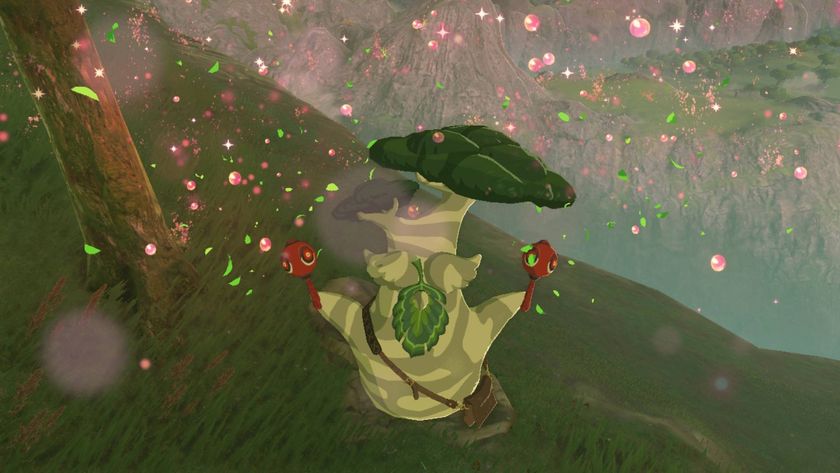
"I'm lookin' at you, Korok Seeds": Former Diablo and Ghost of Tsushima dev outlines what makes a good collectible, and dunks Zelda: Breath of the Wild's worst grind into C tier
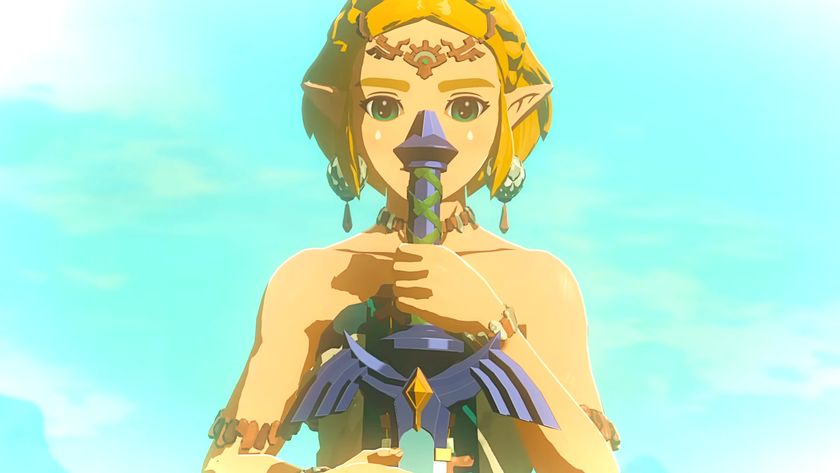
Final Fantasy 7 Remake's Aerith actor is throwing her hat into the ring for the Legend of Zelda movie: "I just wanna audition for Zelda so bad"
